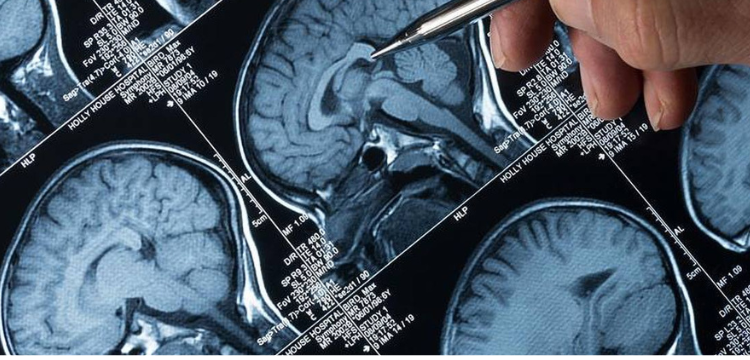From Diagnosis to Treatment: What Role Does Neuro-Oncology Play in Enhancing Patient Outcomes?
According to the World Health Organization (WHO), primary brain tumors account for approximately 2% of all cancers worldwide. Around 256,000 new cases are reported annually globally, varying across regions and…
Read More arrow_forward
How Serious is Carotid Artery Surgery?
Your brain is the command center of your entire being, but have you ever considered…
Read More arrow_forwardUnderstanding Different Types of Strokes: Its Symptoms and Causes
A stroke, or cerebrovascular accident, is a medical emergency that occurs when the brain's blood…
Read More arrow_forwardWhat are the 5 warning signs of stroke?
Stroke, a devastating cerebrovascular event, poses a significant global health challenge. Often called a "brain…
Read More arrow_forwardRole of Neuro Intervention in Neurological Care
In healthcare, neuro-interventional neurosurgery or neurointervention is one of the youngest subspecialties of neuroscience. This…
Read More arrow_forwardIs Percutaneous Coiling Safer Than Surgery?
As medical advancements continue to progress, treatment options for conditions such as cerebral aneurysms have…
Read More arrow_forwardDoes Embolization Offer a Long-Term Brain Solution?
Brain vascular malformations pose significant health concerns due to their potential to cause bleeding or…
Read More arrow_forwardWhat to Expect After Brain Tumor Surgery: A Guide to Recovery
Brain tumor surgery is a surgical procedure to remove a tumor or part of a…
Read More arrow_forwardWhat Are The Postoperative Steps After Brain Tumor Surgery?
In 2023, an estimated 24,810 adults (14,280 men and 10,530 women) in the United States…
Read More arrow_forward